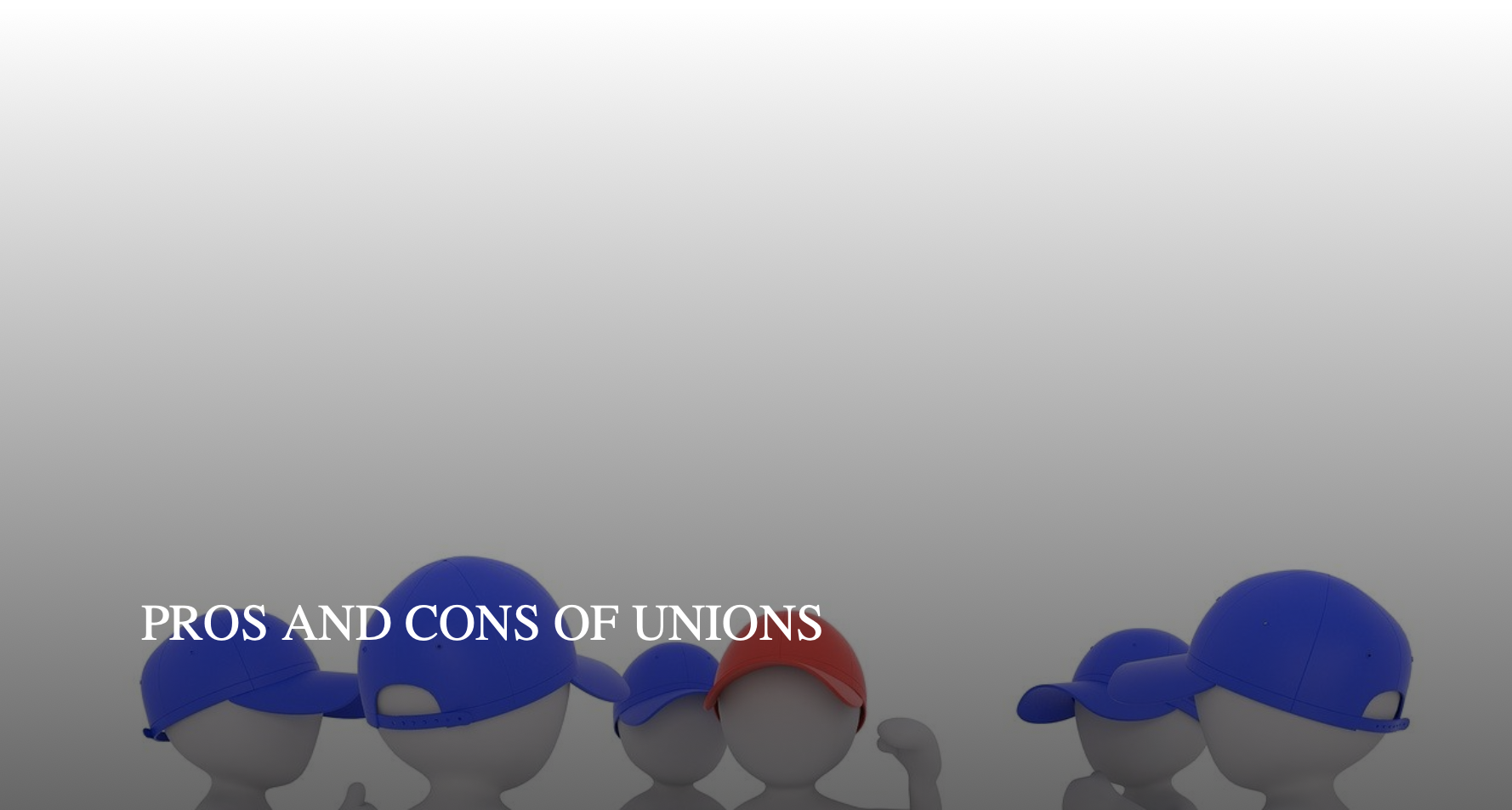Employee relations is a term that’s used to explain what a company does to maintain a good relationship with employees. Many people falsely assume that employee relations and human resources are the same things. It is true that many companies do task their human resources department with employee relations, but some have an individual or a department to handle this area.
Employee relations have become more important as employers are beginning to rediscover the value of retaining employees and building a positive culture. These companies take employee relations seriously, and it becomes important for all management. It’s become a hot-button topic for companies as they struggle to keep employees and attract top talent.
Key Takeaways
-
Employee relations is the relationship between a company and the employees; it’s also a department (or individual) in a company that manages relationships.
-
Employee relations typically fall under the human resources umbrella but are more focused on building relationships, facilitating communication, and supporting engagement.
-
Having great employee relationships can make a difference in employee engagement, retention, and productivity.
-
There is a wide range of tasks that fall into the employee relations heading.
Define Employee Relations
Defining employee relations is not as simple and straightforward as one would think. From a very high-level approach, employee relations refers to the relationship between an employer and the people who work there. In a theoretical sense, it’s the connection that exists in the workplace. In a physical sense, it can be a branch of human resources that handles this aspect of the job.
Employee relations centers around positive relationships and establishing and maintaining employee engagement. It’s the rise in the importance of employee engagement that’s pushed employee relations into the forefront. The idea is that if the company can focus on creating an open, positive, and transparent workplace, the employee will feel more valued and have a deeper connection.
When it comes to an individual or a department that handles employee relations, they facilitate communication and solutions where there is a relationship breakdown within a company. Quite often, employees approach this department with a problem with a manager or a co-worker. To understand the role of an employee relations department, it helps to look at some of their responsibilities.
Employee Relations Responsibilities
Employee relations is still a very nebulous area which is why it often falls into the purview of human resources. Their tasks can cover a wide range of topics and be very sensitive in nature. As an example, these are some duties that an employee relations department may handle.
-
Recording sexual harassment. If an employee is sexually harassed or someone sees sexual harassment of another employee, it should be reported to the employee relations department. They will make a record of the allegation and take necessary steps to discover what happened and resolve the issue.
-
Settling disputes and conflicts. Arguments happen, and sometimes, there are communication breakdowns. This can be very difficult when one person holds a position of authority over another.
Luckily, employee relations can step in and mediate disputes or hear out the employee to see where the problem lies. They will then come to a decision or encourage further communication to resolve the problem.
-
Evaluate discrimination concerns. If someone feels they’re being discriminated against in any way in their job due to their gender, race, age, sexual preferences, etc., the employee relations department is there to listen to the concern and evaluate the situation.
They ensure that employees are treated fairly and help companies do the right thing so they avoid discrimination lawsuits.
-
Communications with unions. Some employee groups have unions, and the employee relations department can be quite useful in receiving information from the union and relaying it to the company. This department also may serve as the liaison between the union and the business.
-
Employee morale. This is a tough one, and it’s difficult to put on one department, but it often falls to employee relations to oversee employee morale, performance, and engagement.
-
Improving workplace communication. This is a critical element for this role because communication is the foundation of relationships. The employee relations department needs to be an advocate for employees, encouraging the company to provide balance, incentives, professional development, a work/life balance, and more.
Implementing these programs and educating everyone on using them may take the majority of their time.
Why Employee Relations Matter
When a company cares enough about its employees to hear their concerns, they become a better company, and its employees initiate engagement. This is important in today’s business world where people prefer to hop jobs and are constantly looking for new employment. The employee shortage is real, and companies are struggling.
All of this is good for the employee who now has some power in the workplace and deserves to find a job where they are happy and can thrive. To get to that point, a company needs an employee relations department. This will foster communication and an understanding of what employees need, want, think, and feel for management.
Once this happens, employees are more engaged, and companies have positive retention. It can also boost productivity.
Daily Tasks of Employee Relations
It might seem like an employee relations person sits around in their office waiting for conflict. If they are doing that, then they’re not doing their job correctly. This is a list of some of the tasks that revolve around managing employee relationships effectively.
-
Establish policies to promote communication
-
Create ways to reduce conflict
-
Communicate company goals
-
Listen to management
-
Liaise with unions
-
Monitor communications
-
Encourage cooperation and collaboration
-
Handle sexual or bullying issues
-
Ensure there is no discrimination
-
Celebrate holidays and events
-
Establish rewards programs
-
Receive employee feedback
-
Offer career advice and promote professional development
-
Oversee and establish employee rewards programs
-
Ensure safety within the workspace
-
Strive for work/life balance in and out of the workplace
These tasks require an outside look at the company where they’re employed, which isn’t an easy task. It takes a lot of diplomacies and a neutral and unbiased viewpoint to be successful in employee relations. The good news is that this is becoming a more critical role, and companies and individuals will benefit from a skilled employee relations department.
Employee Relations FAQ
-
What’s the difference between employee relations and human resources?
Human resources are often the umbrella over employee relations. Employee relations is focused on creating, maintaining, and improving the relationships between employees and employers. Human resources are more broad-based and manage other areas like payroll, insurance, and other benefits.
-
Why does a company need an employee relations department?
Whether it’s a department or one individual, employee relation is a key part of employee engagement and job satisfaction. Companies are quickly learning that keeping employees is valuable and can boost productivity and save money. A key component to satisfaction in the workplace is having someone who fosters good relationships.
Another critical component of an employee relations department is safety. Whether it’s safety from someone in the office who sexually harasses others or bullies or it’s actual physical safety from best practices with equipment, these issues are often the responsibility of employee relations.
-
Are employee relations communications confidential?
No, there is no law that says what you tell your employee relations department is confidential. That said, some companies will have confidentiality clauses if you ask that something not be shared or that you can remain anonymous.
For instance, if you’re a whistleblower and want to report sexual harassment, you might be able to remain anonymous as the employee relations department does an investigation. But if the case ever goes to court, you will not have anonymity and may be required to testify. Confidentiality is a courtesy in these situations and may not last, depending on the incident and the following actions.
-
Is a company legally required to have an employee relations team?
No, having employee relations is not required. Many companies roll these responsibilities under the heading of human resources. Some companies do not invest time or effort into this area at all, while others see great value and have focused on improving the relations of all in their company through an employee relations department.





